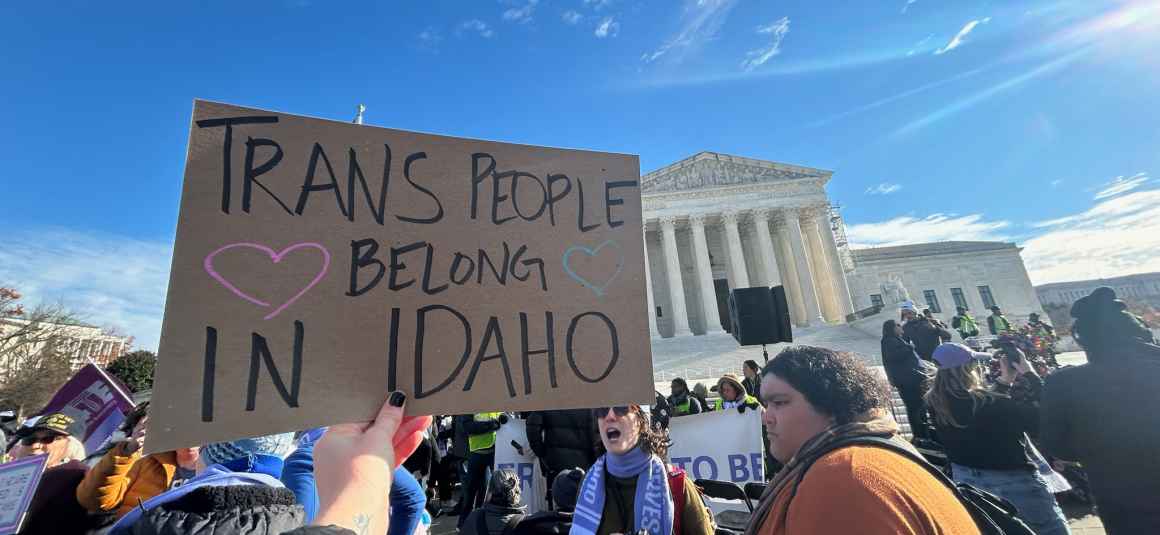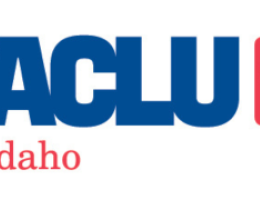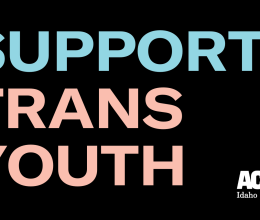

On Wednesday June 18, the U.S. Supreme Court issued a devastating decision in U.S. v. Skrmetti, ruling to block access to potentially life-saving medical care that allows trans youth to live their lives as they see fit.
In Idaho and across the United States, we gathered in community to say that we believe our freedom to be ourselves is worth fighting for. No matter what the challenges, we will always be proud and free.
We will continue to take on bullies, build trans power, and do our part so that trans youth grow up to be happy, healthy trans adults.
Learn more about Idaho's ban on gender-affirming medical care for youth.
Learn more about the U.S. v. Skrmetti case







